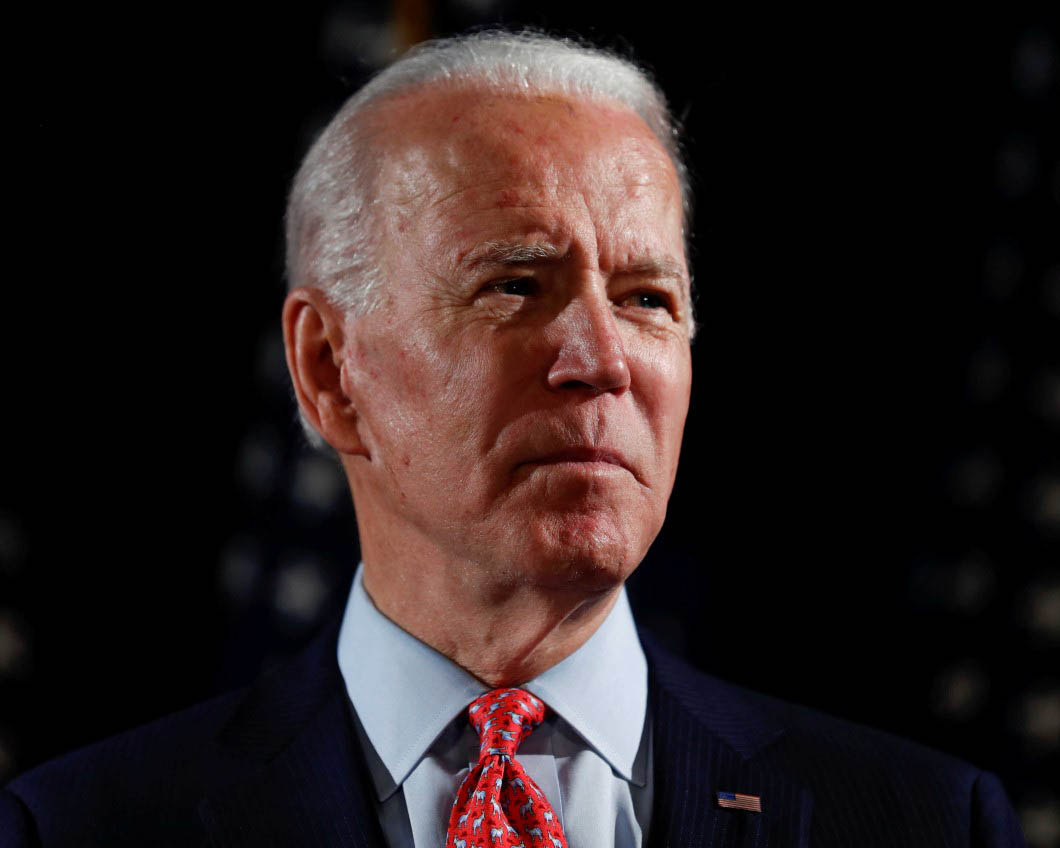WASHINGTON, (Reuters) – The Biden administration and Democratic and Republican lawmakers discussing a new $1.9 trillion in coronavirus relief agreed yesterday that the most important priority should be producing and efficiently distributing a vaccine.
An aide to a Democrat who was on the call with Brian Deese, one of President Joe Biden’s top economic aides, said the discussion had been “robust” and that the two sides would continue to work together.
Deese, director of the National Economic Council, had said he would have a call with the senators as part of a push by the Biden administration to make the case for a large rescue plan.
“We can’t wait,” White House Principal Deputy Press Secretary Karine Jean-Pierre told reporters before the call. “Just because Washington has been gridlocked before doesn’t mean it needs to continue to be gridlocked.”
The COVID-19 pandemic has killed more than 417,000 Americans, thrown millions out of work and is infecting more than 175,000 Americans a day, posing an immediate crisis to the Biden administration. (Graphic: https://tmsnrt.rs/34pvUyi)
Biden, who took office on Wednesday, campaigned on a promise to take aggressive action on the pandemic, which his predecessor, President Donald Trump, often downplayed.
The Trump administration lagged far behind its target of 20 million Americans inoculated by the end of 2020. There was no plan in place for how to distribute the vaccine to millions of Americans when Biden took over, White House Chief of Staff Ron Klain said on Sunday.
While Congress has already authorized $4 trillion to respond, the White House says an additional $1.9 trillion is needed to cover the costs of responding to the virus and provide enhanced jobless benefits and payments to households.
The Democratic aide said “everyone agreed” on the call, which included some House of Representatives members as well as senators, that the No. 1 need was quickly producing and efficiently distributing the vaccine nationally.
‘NATIONAL EMERGENCY’
“The bottom line is this: We’re in a national emergency, and we need to act like we’re in a national emergency,” Biden said on Friday before signing executive orders on economic relief.
Although Biden’s Democratic Party narrowly controls the House and Senate, the legislation will likely need bipartisan support to become law.
“There was a robust discussion and this bipartisan group will continue to work together, discussing a pathway forward on another relief package,” the Democratic aide said.
Some Republicans have balked at the price.
Republican Senator Mitt Romney said he would listen to the White House, but told “Fox News Sunday” before the call that the $1.9 trillion figure was “shocking.”
“Spending and borrowing trillions of dollars from the Chinese among others is not necessarily the best thing we can do to get our economy to be strong long term,” Romney said.
Democratic Senate Majority Leader Chuck Schumer acknowledged remarks from some Republicans had not been positive.
He hoped they would see the need after Sunday’s call.
“But if they don’t, there are tools we can use to move forward on our own. And we will,” Schumer told reporters in New York. He said those included a process that allows major legislation to pass the Senate on a simple majority.
Democratic Senator Dick Durbin said he hoped for bipartisanship. “The object is trying to see if there’s an area of agreement we can launch when it comes to this rescue package,” he said on NBC’s “Meet the Press.”






